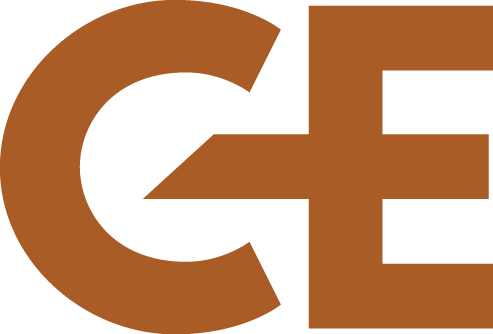Cancer Epigenetics publishes papers on all topics that pertain to both cancer and epigenetics and that report findings that significantly impact either or both fields. All papers (including commissioned articles) are stringently peer-reviewed by at least three independent expert reviewers, and only those that report novel and significant research, and that meet the highest standards of scientific merit and rigor are accepted for publication.
Cancer Epigenetics publishes original research in the form of Research Articles, Cutting-edge Communications, Technical Reports, Technical Sheets, and Industry in Focus. It also publishes reviews, editorials, and news in the form of Reviews, Mini-reviews, Editorials, Databases – Large Datasets & Metaanalyses, Assays in Cancer Epigenetics, and New & Noteworthy articles. All basic, translational, and preclinical aspects of cancer epigenetics will be considered, including those that pertain to biochemistry, bioinformatics, biomarkers, cell and molecular biology, chemical biology, drugs and other therapeutics, immunology, inflammation, investigative pathology, medicinal chemistry, metastasis, stem cell biology, structural biology, systems biology, technology & novel methodologies, and tumor microenvironment. Depending on the level of originality of the findings, accepted manuscript will be published either in Cancer Epigenetics or in its sister journals Cancer Epigenetics Journal or Journal of Cancer Epigenetics. Similarly, articles that mostly or entirely report clinical research will be after consultation with the authors transferred to the Clinical Cancer Epigenetics journal series.
Cancer Epigenetics has taken on to promoting research transparency and reproducibility to the highest possible level, and thus publishes only articles in the top tier of the publication Reproducibility index (Ri). Therefore, only articles with sufficient statistical power, sample size, biological replicates (e.g. multiple cell lines), and controls (e.g. 1. use of multiple different siRNA or inhibitors to minimize artifactual off-target effects associated with a given reagent; 2. use of modulator-impervious wobble mutants in genetic complementation assays; 3. use of antibody-blocking peptides to show antibody specificity) will be considered. Unless reagent specificity was irrefutably substantiated in a previous publication, published reports that merely claim specificity and have not met our burden of proof will not be taken into consideration in assessing specificity, independently of the number of such reports. In these cases, reagent specificity has to be demonstrated to the highest approximation of certainty in the submitted paper. Finally, whenever possible, we encourage authors to provide relevant in vivo data to support organismal pathophysiological relevance. If data derived from such models are included, authors are requested to justify the adequacy and choice of the model in the epigenetic and/or neoplastic context investigated.
To submit your paper, please read first our instructions to authors; there are valid for all of the Cancer Epigenetics Society journals. You may otherwise submit your paper at this page.

